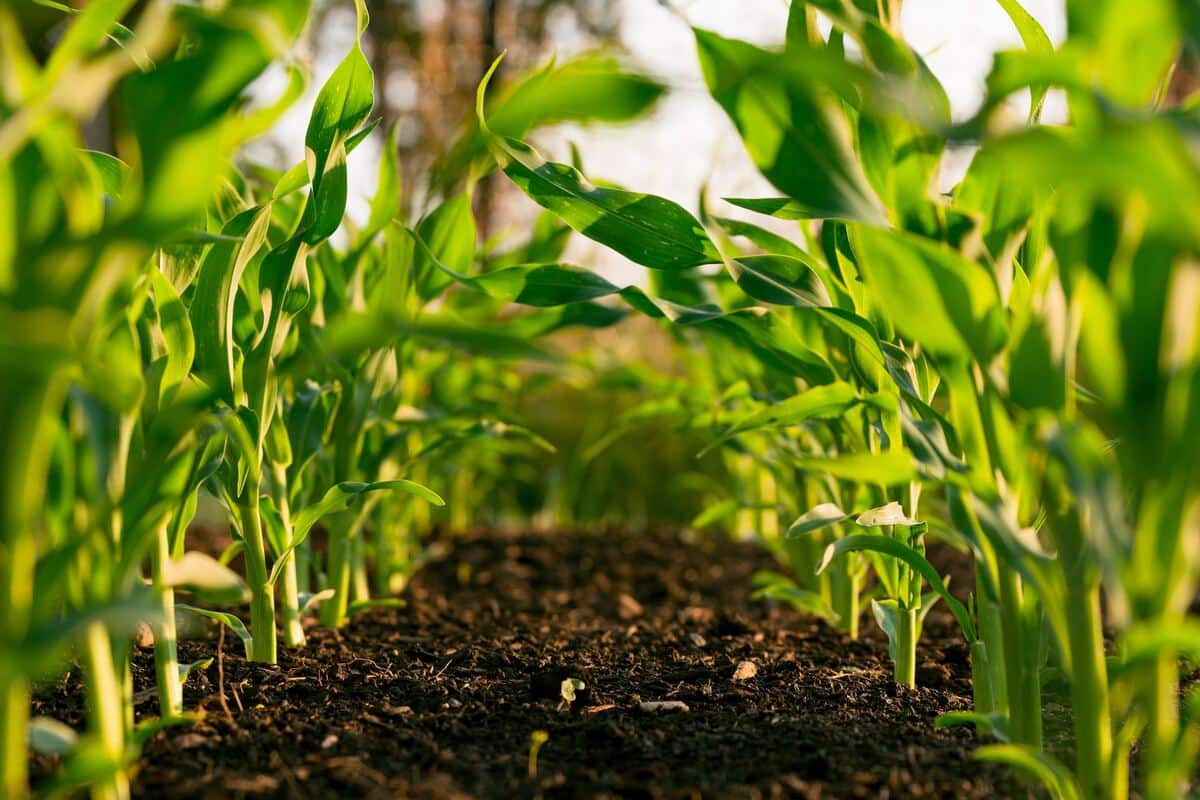The agricultural sector has undergone a significant transformation in recent years, with technology playing a crucial role in modernizing the industry. The adoption of advanced technology has helped farmers improve their yield, reduce costs, and increase efficiency, leading to the growth of the agricultural export industry. In this blog post, we will discuss how technology has transformed agricultural export strategies, and how companies are leveraging technology to meet the changing demands of the market.
Precision Agriculture
One of the most significant technological advancements in the agricultural industry is precision agriculture. This technique involves the use of sensors, drones, and GPS technology to optimize farming practices. Precision agriculture has helped farmers make informed decisions on the use of fertilizers, water, and other resources, leading to a reduction in wastage and increased yields. Precision agriculture has also enabled farmers to monitor crop growth and health, detect diseases and pests early, and take necessary actions to prevent losses.
Blockchain Technology
Another technological innovation that has transformed the agricultural export industry is blockchain technology. Blockchain is a decentralized ledger that can securely record transactions, making it an ideal platform for supply chain management. Blockchain technology has the potential to revolutionize the agricultural export industry by improving traceability and transparency. This technology can track the movement of agricultural products from the farm to the consumer, providing real-time updates on product origin, quality, and authenticity. Companies can leverage blockchain technology to ensure the safety and quality of their products, thereby increasing customer trust and loyalty.
Internet of Things (IoT)
The Internet of Things (IoT) is another technology that has transformed the agricultural industry. IoT refers to the interconnectivity of devices and sensors that can communicate with each other and transmit data to the cloud. In the agricultural sector, IoT can help farmers monitor and control their crops and livestock from anywhere, using a smartphone or tablet. This technology can also provide real-time weather updates, soil moisture levels, and other critical data that can help farmers make informed decisions on crop management. IoT can help them optimize the production process, reduce waste, and improve the quality of the products.
Data Analytics
Data analytics is a powerful tool that can help agricultural exporters make informed decisions on product pricing, supply chain management, and customer preferences. By analyzing large amounts of data, agricultural exporters can identify patterns and trends that can help them optimize their operations. For example, by analyzing data on crop yields, soil quality, and weather patterns, they can make informed decisions on crop management and pricing.
In conclusion, technology has played a critical role in modernizing agricultural export strategies. The adoption of advanced technology such as precision agriculture, blockchain, IoT, and data analytics has helped agricultural exporters improve their yields, reduce costs, and increase efficiency. Companies are leveraging these technologies to meet the changing demands of the market and ensure the safety and quality of their products. As the agricultural sector continues to evolve, technology will remain a key driver of growth and innovation.

